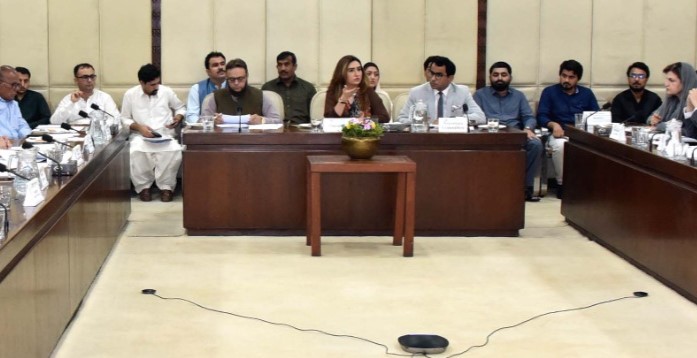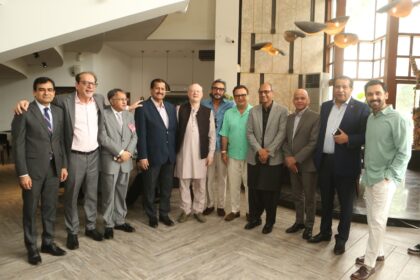The Senate Standing Committee on Federal Education and Professional Training has strongly condemned widespread mismanagement within Pakistan’s special education sector, highlighting critical issues such as vacant positions, unspent allocations, insufficient professional training, child safety breaches, and outdated bureaucratic processes. Following a comprehensive briefing by the Directorate General of Special Education (DGSE), senators called for swift and extensive reforms to restore quality education and safeguard the well-being of children with disabilities.
During the briefing, DGSE officials disclosed a troubling administrative gap, revealing that out of 653 approved posts, 142 remain unfilled, while an additional 64 crucial positions were entirely removed as part of a recent downsizing effort. Committee members voiced serious alarm over this administrative shortfall, emphasizing that such chronic understaffing directly hampers day-to-day activities and undermines the delivery of specialized educational services to vulnerable children.
The committee was equally critical regarding the management of allocated funds, noting that over 63 million rupees budgeted for the year 2023–24 remained unused and subsequently lapsed. Senators strongly rejected the DGSE’s attempt to portray this lapse as a “saving,” asserting instead that it was a clear example of inefficiency and poor planning. The committee chairperson underscored that these resources could have funded urgently needed services for children with special needs, describing the situation as unacceptable negligence.
Another pressing issue highlighted by the senators involved the glaring shortage of adequately trained professionals, particularly those qualified to work effectively with autism spectrum disorders, attention deficit hyperactivity disorder (ADHD), and other learning disabilities. The committee chairperson lamented the situation, observing that private educational institutions also fail in this regard, often treating teaching as a secondary career option and neglecting essential staff training. To address this critical gap, the senators recommended establishing a centralized training institute under DGSE that would offer professional development to both public and private educators, aligning their practices with international standards.
Child safety and welfare were also focal points in the Senate meeting, with DGSE officials confirming a disturbing harassment case at Islamabad’s H-8 special education center. The incident had prompted parents to withdraw their children temporarily. Authorities reported that the involved students have since returned safely, following corrective measures including comprehensive installation of CCTV cameras across all special education institutions and their hostels, aimed at preventing future incidents.
Addressing bureaucratic inefficiencies, the committee strongly advocated for adopting a simplified, integrated “one-stop shop” system where children with disabilities could seamlessly obtain necessary documentation and disability certificates. Currently, families face complex administrative barriers requiring navigation through multiple departments merely to acquire disability certificates conducive to job quotas. Senators criticized unfair certification practices where children often receive stigmatizing rejections, such as being labeled “not fit for work,” recommending instead that all necessary support documentation should be streamlined and made available immediately upon school entry.
On a positive note, the DGSE announced the approval of an ambitious new project—a “Center of Excellence for Autism”—at an estimated cost of 1.34 billion rupees. Developed in partnership with Punjab’s Special Education Department and key NGOs, this center is slated for inauguration later this year, significantly enhancing specialized autism care, support, and educational services throughout Pakistan.
Recognizing the critical importance of early disability detection, senators also proposed mandatory hearing screenings for every child aged up to six months. This screening would be integrated with routine vaccination records, making hearing and vision checks a standard component of early childhood healthcare across Pakistan. The committee instructed the Ministry of Health to urgently prepare an implementation plan for presentation in the next session.
Finally, the committee highlighted persistent issues related to accessibility in Islamabad, particularly the absence of inclusive public transportation and inadequate disabled-friendly infrastructure. The Capital Development Authority (CDA) was specifically instructed to ensure that new public transport offerings and civic infrastructure projects are designed with proper accessibility features, guaranteeing equitable mobility and quality of life for individuals with disabilities.











